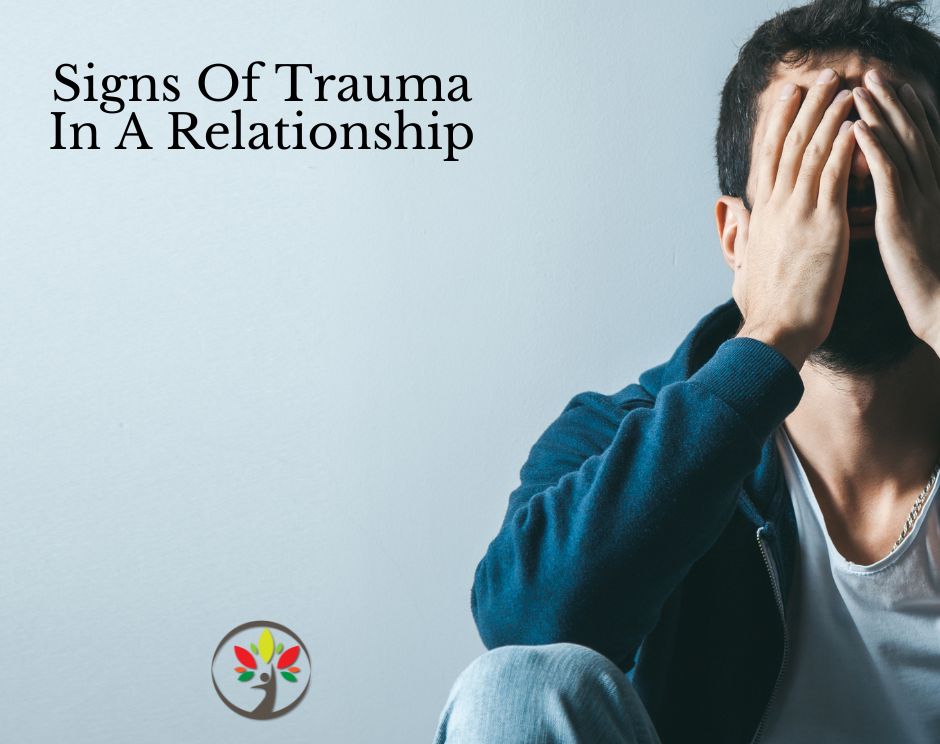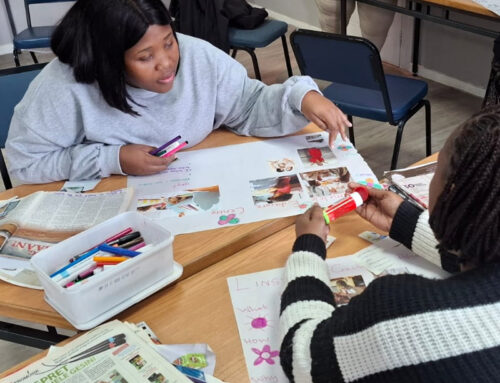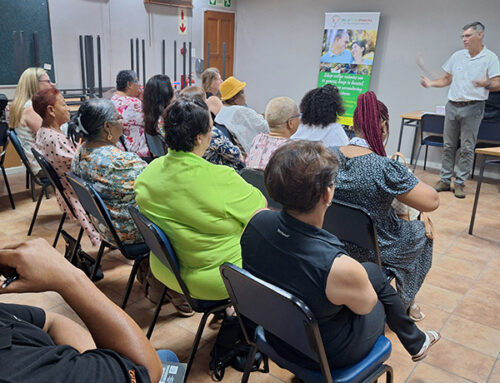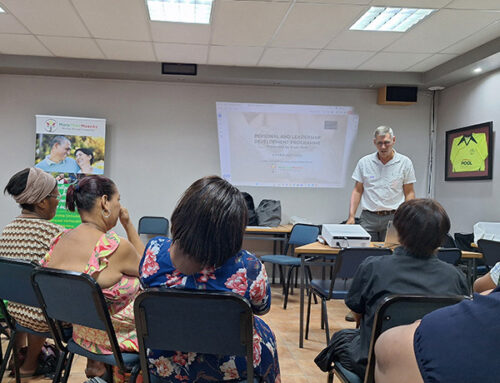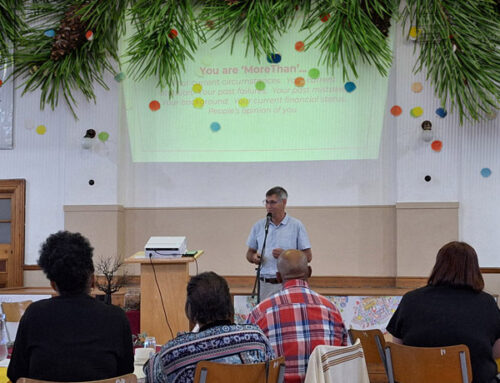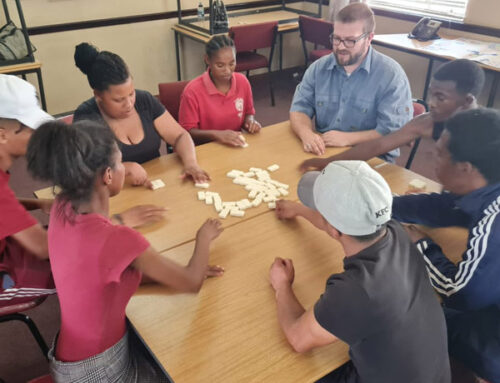Trauma can deeply affect individuals and their relationships in various ways. At MorethanMeerAs, we believe in the importance of recognizing and addressing these signs to foster healthier and more supportive connections. Here, we explore key indicators of trauma in relationships and how to approach them.
- Hyper-Vigilance: One partner may always be on edge, constantly expecting something bad to happen. This state of heightened alertness can strain the relationship, leading to misunderstandings and tension.
- Avoidance: Trauma can lead to avoidance of certain places, people, or activities that remind one of the traumatic event. This avoidance can limit shared experiences and create distance between partners.
- Trust Issues: Trauma often erodes trust, making it hard for the affected individual to open up or believe in the sincerity of their partner. This lack of trust can hinder emotional intimacy and connection.
- Emotional Numbness: Some individuals cope with trauma by shutting down their emotions, appearing detached or indifferent. This emotional disconnection can be confusing and hurtful to their partner.
- Flashbacks and Triggers: Traumatic memories can resurface unexpectedly, causing intense emotional or physical reactions. Partners might feel helpless or bewildered by these episodes.
- Mood Swings: Trauma can lead to unpredictable changes in mood, such as irritability, sadness, or anxiety, affecting the overall dynamics of the relationship.
- Physical Symptoms: Trauma can manifest physically, with symptoms like insomnia, fatigue, or unexplained aches, impacting one’s ability to engage fully in the relationship.
Recognizing these signs is the first step towards healing. It’s crucial for both partners to communicate openly, seek professional help, and create a supportive environment for recovery. Remember, healing from trauma is a journey, and with patience and understanding, relationships can emerge stronger.


